9 GPTs for Platform Development Powered by AI for Free of 2025
AI GPTs for Platform Development refer to advanced generative pre-trained transformer models specifically designed or tailored for tasks within the platform development domain. These tools leverage deep learning algorithms to assist in creating, managing, and optimizing digital platforms, from websites to mobile applications. They offer bespoke solutions that streamline development processes, enhance user engagement, and drive innovation by understanding and generating human-like text, code, or even design layouts.
Top 9 GPTs for Platform Development are: Code Converter,FlutterGPT,SwiftGPT,QT编程老师,App Builder Pro,Code Helper,Mobile App Development Advisor,Flutter GPT,FIRST® LibConvertBot
Code Converter
Translating code, empowering developers.
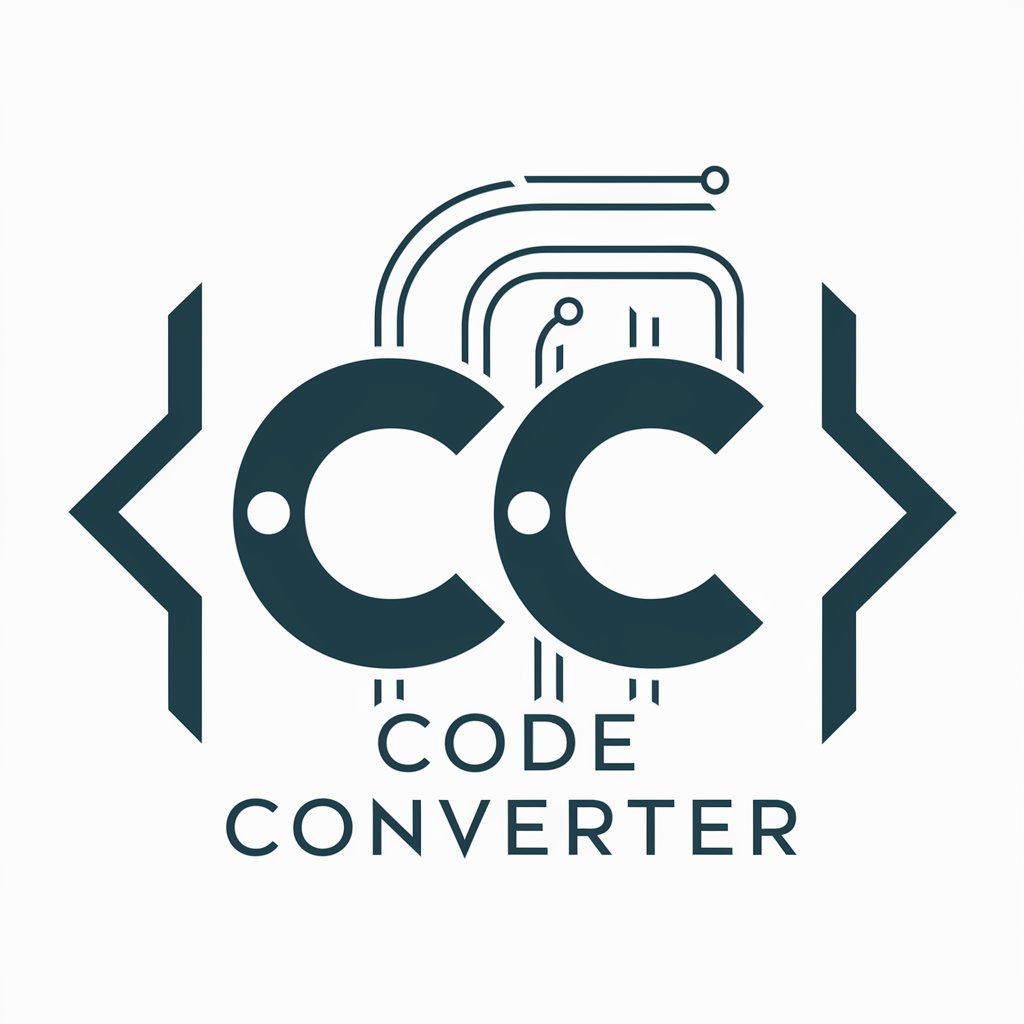
FlutterGPT
AI-Powered Flutter Development Companion
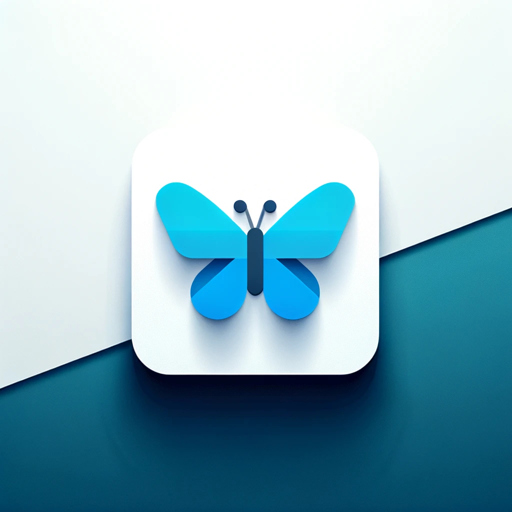
SwiftGPT
Master Swift with AI-Powered Precision

QT编程老师
Your AI-powered QT Programming Mentor
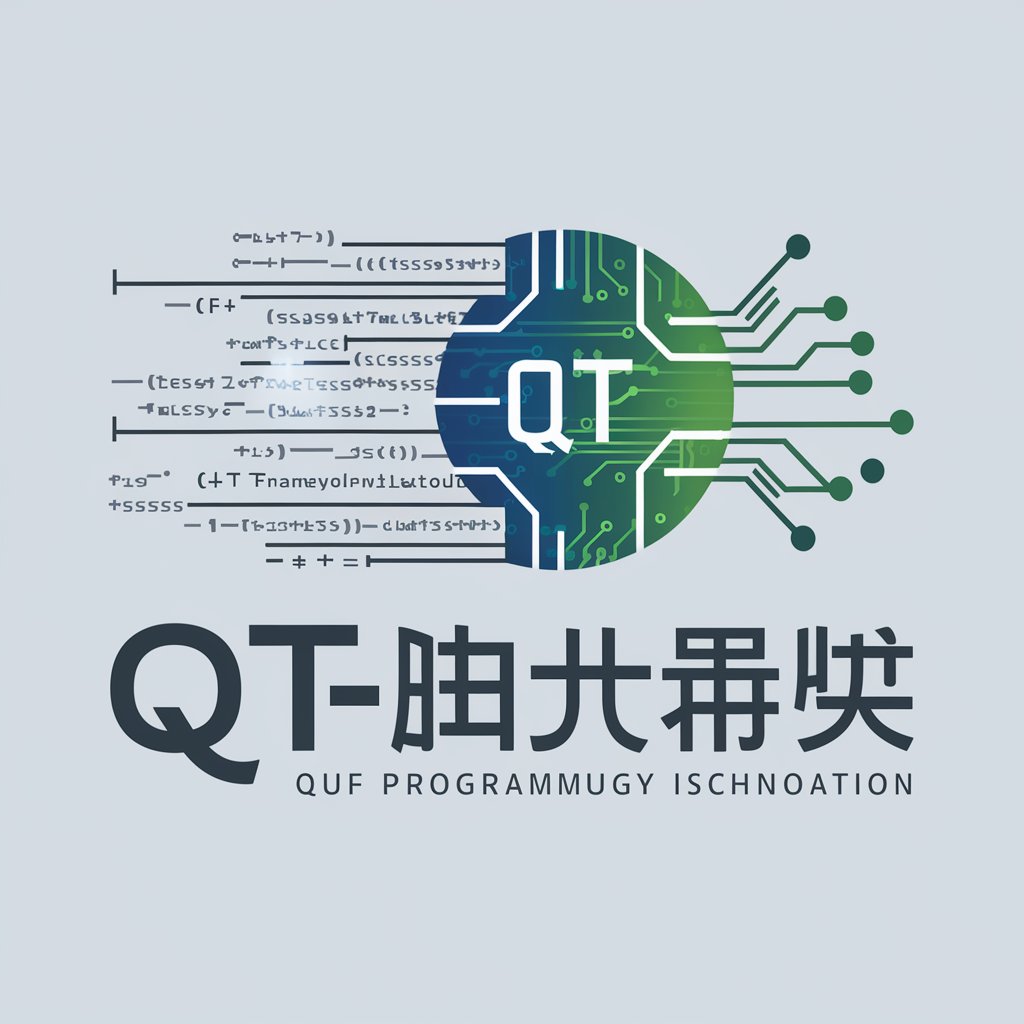
App Builder Pro
Crafting Apps, Empowering Ideas
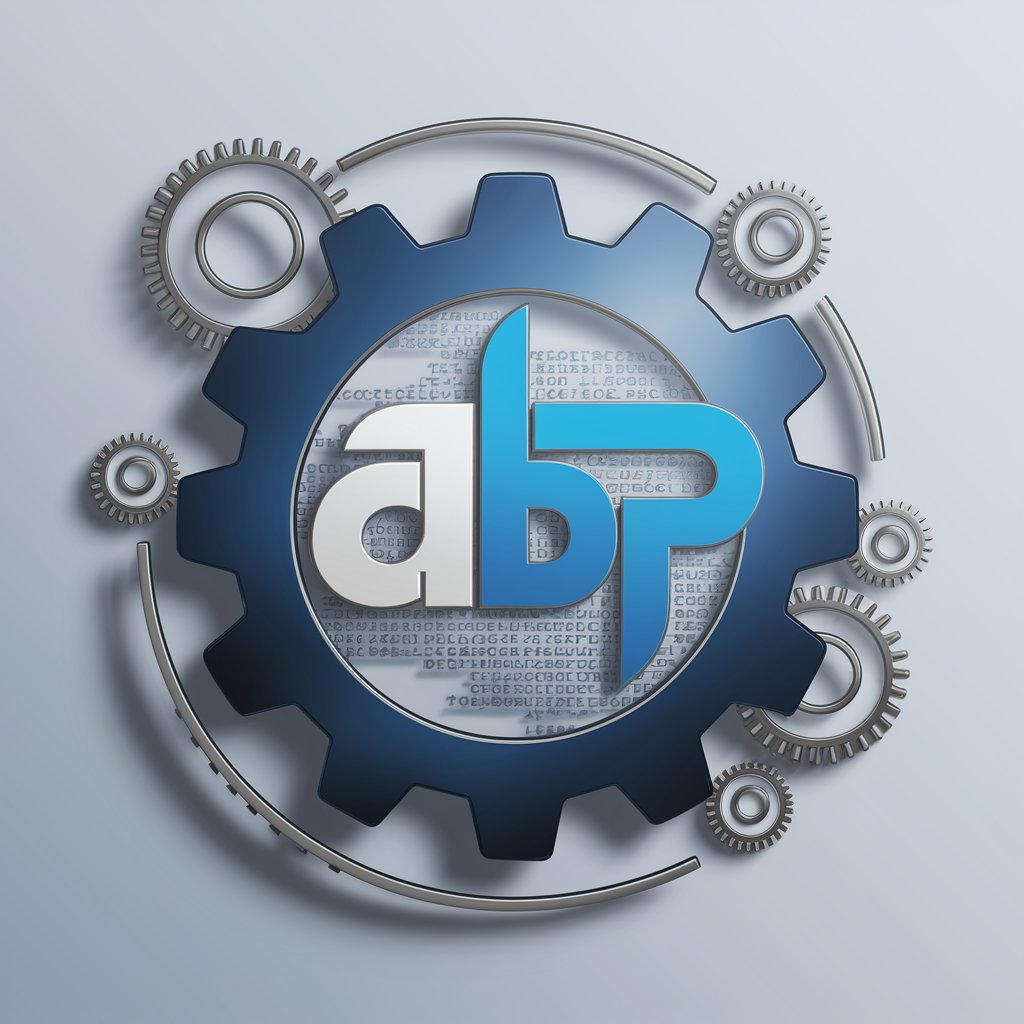
Code Helper
Empowering desktop app development with AI
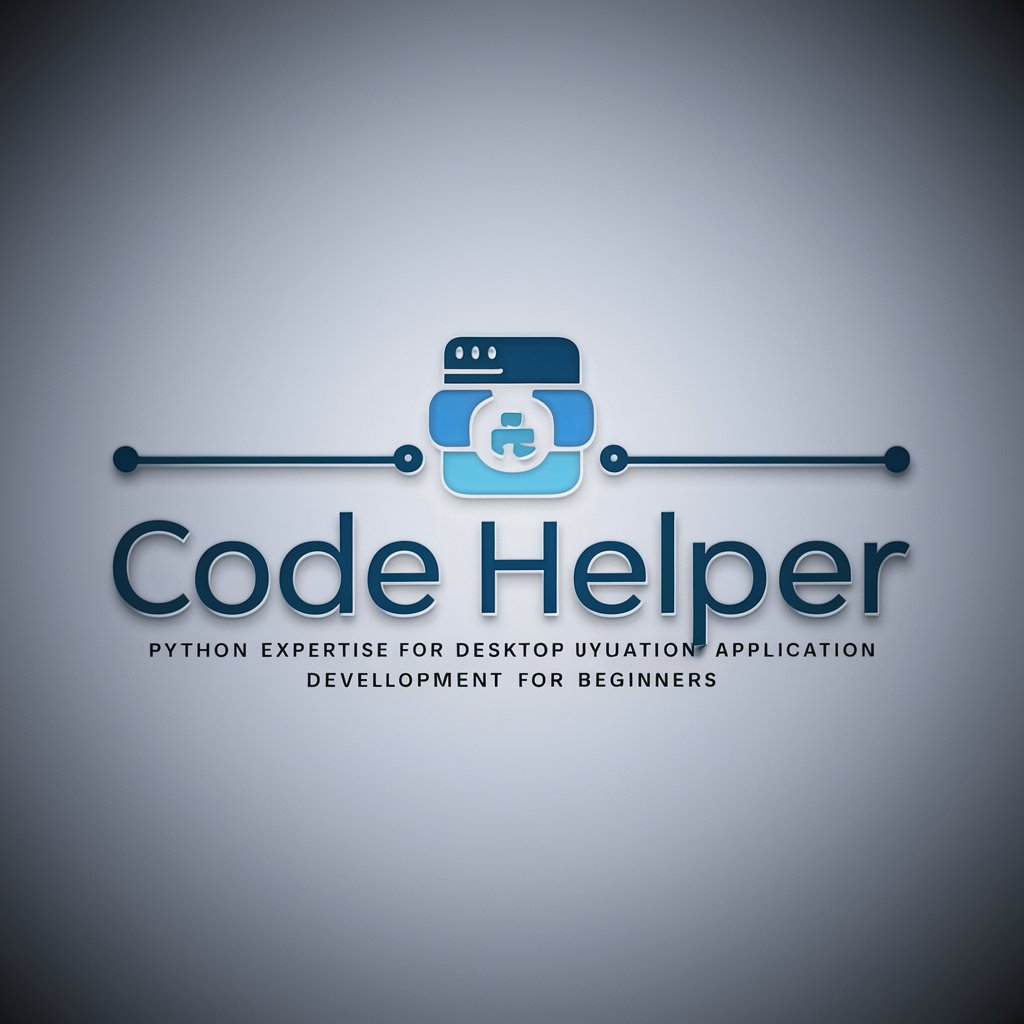
Mobile App Development Advisor
Elevate Your App with AI-Driven Insights
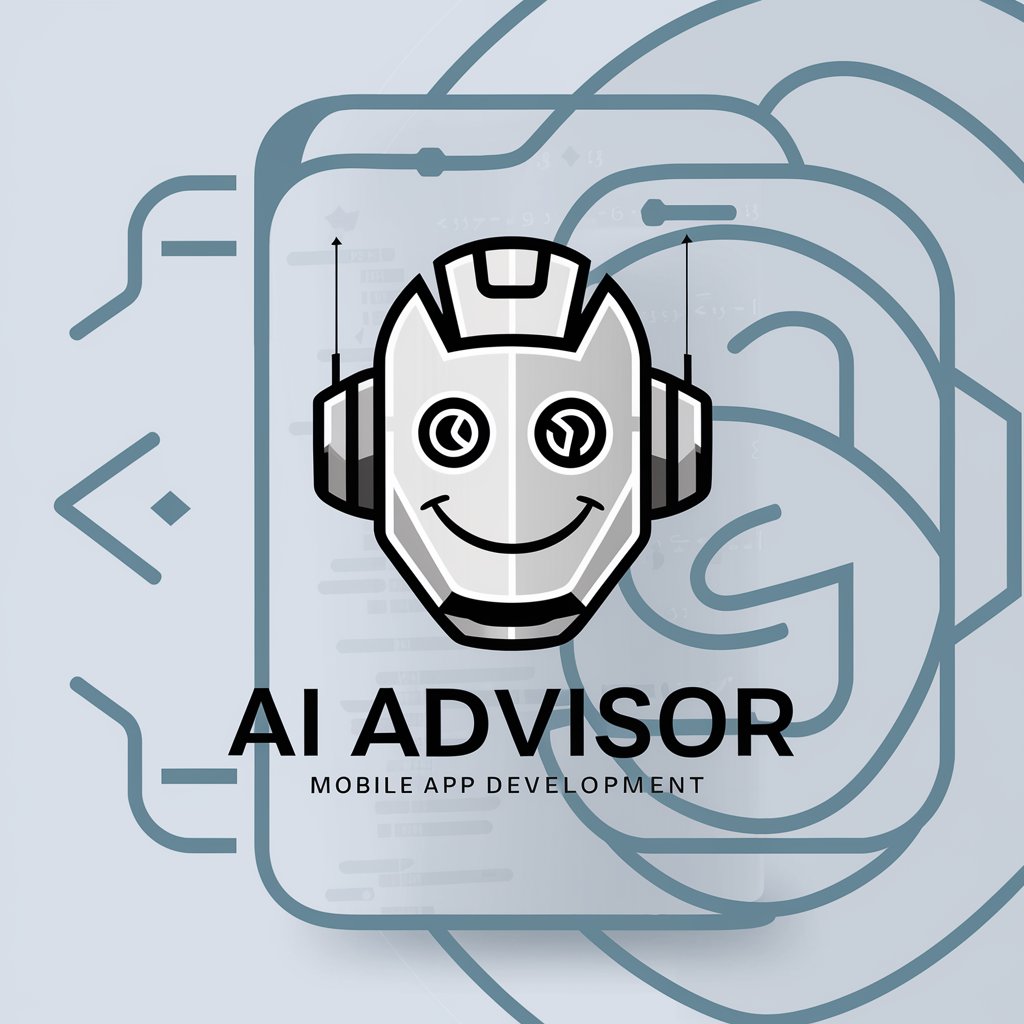
Flutter GPT
Transforming designs into Flutter code with AI

FIRST® LibConvertBot
Transforming FRC code with AI-powered precision.

Key Attributes of AI GPTs in Platform Development
These AI GPT tools stand out for their adaptability, capable of handling a wide range of tasks from generating code snippets to providing actionable insights on user engagement. Special features include natural language processing for intuitive interactions, advanced analytics for data-driven decision making, image creation for design mockups, and the ability to automate repetitive development tasks. Their machine learning capabilities allow for continuous improvement based on user feedback and interactions.
Who Benefits from AI GPT Tools in Platform Development?
The primary beneficiaries include novices seeking to enter the platform development field, experienced developers looking for efficient solutions, and professionals aiming to enhance their digital platforms. These tools are designed to be accessible to users without coding skills, offering intuitive interfaces, while also providing extensive customization options for those with programming expertise.
Try Our other AI GPTs tools for Free
Multiplayer Facilitation
Explore AI GPT tools tailored for Multiplayer Facilitation, designed to enhance collaborative experiences with advanced AI capabilities, accessible to all user levels.
Beginner Gaming
Discover AI GPT tools for Beginner Gaming, your ultimate guide to navigating the gaming world. Tailored for novices, these AI solutions offer personalized support, learning, and enhancement for an unmatched gaming journey.
Data Assistance
Unlock the power of data with AI GPTs for Data Assistance. These tools make data analysis accessible, offering insights and automating tasks for professionals and novices alike.
Health Illustrations
Discover how AI GPTs for Health Illustrations are revolutionizing medical education, research, and patient care with tailored, accurate visualizations and data analysis.
Golf Simulation
Discover how AI GPTs for Golf Simulation can transform your game with tailored solutions, from dynamic game scenarios to personalized coaching tips.
Single Strategy
Discover how AI GPTs for Single Strategy can transform your strategic planning with tailored, AI-driven insights and solutions, designed for professionals across all levels.
Enhancing Platform Development with AI GPT Insights
AI GPT tools offer revolutionary solutions across various sectors, providing user-friendly interfaces that simplify complex development tasks. Their integration into existing workflows can significantly boost productivity, foster innovation, and create more engaging user experiences, demonstrating the versatile applications of AI in enhancing digital platforms.
Frequently Asked Questions
What are AI GPTs for Platform Development?
AI GPTs for Platform Development are advanced AI tools tailored to assist in the creation, management, and optimization of digital platforms, leveraging natural language processing and machine learning to provide bespoke development solutions.
How do these AI GPT tools improve platform development?
They streamline development processes, automate repetitive tasks, offer design and code generation, and provide data analytics for optimization, significantly improving efficiency and innovation in platform development.
Can non-technical users utilize AI GPT tools for platform development?
Yes, these tools are designed with intuitive interfaces that non-technical users can navigate, making platform development accessible to a wider audience.
What customization options are available with AI GPTs for developers?
Developers can access advanced settings to tailor the tool's functionality, integrate with existing systems, and even train the AI on specific datasets to better meet their development needs.
Are AI GPTs capable of generating code?
Yes, one of the core capabilities includes generating code snippets in various programming languages, tailored to the specific requirements of a development project.
How do AI GPT tools handle data analysis for platform optimization?
They utilize advanced analytics to process user data, offering insights into behavior and engagement, which can be used to drive decisions on platform improvements and personalization strategies.
Can these tools create design mockups?
Yes, AI GPTs can generate image and design mockups for platforms, aiding in the visual design process by providing quick and customizable prototypes.
What makes AI GPT tools different from traditional development tools?
Their ability to understand and generate human-like text, automate tasks, and learn from interactions makes them more adaptable and efficient, reducing development time and enhancing creativity.